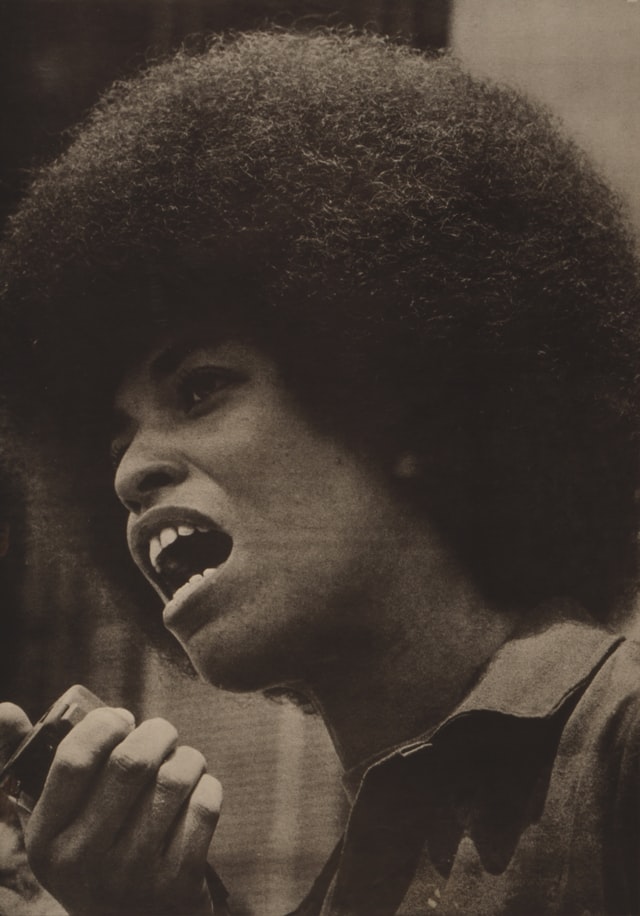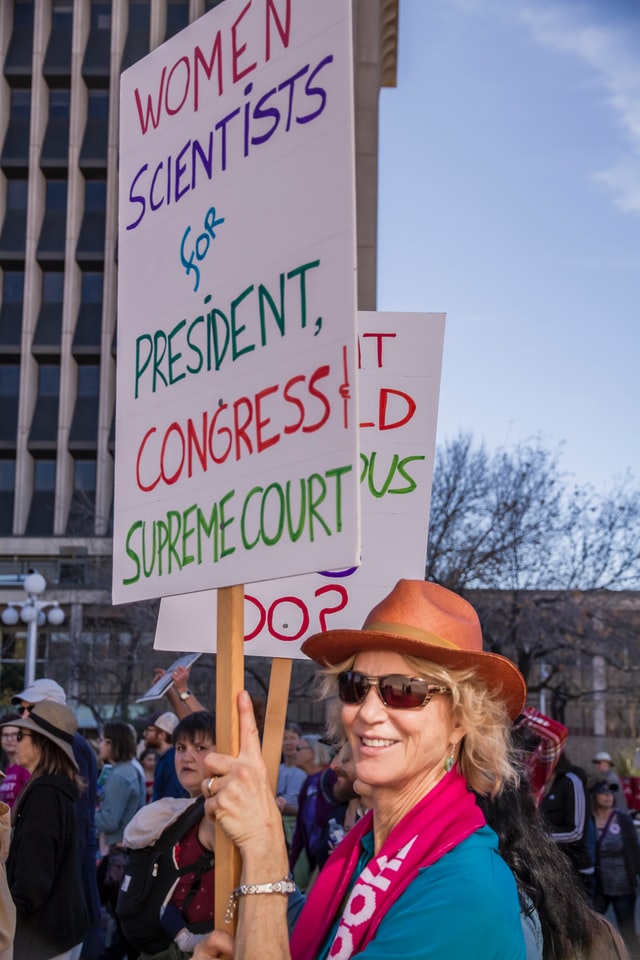Fighting for women’s rights
This week, the world celebrated the International Women’s Day, recalling all women who fought for their human rights, the vital role of women in society and campaigning for equality between both genders throughout the world.
It is true that there are many countries where genders are in many ways equal, but there is still much to do in all parts of the world.

During 2020, there have been many women who have been at the forefront of our response to Covid. It is estimated that around 70 percent of hospital staff (taking into account all types of hospital employees) are women. Without these brave and skilled women, 2020 would have been an even larger disaster. Globally, only seven countries are led by women, and interestingly, all have had very favorable results with respect to the pandemic, avoiding the death of thousands of their citizens.
That is why this year, the United Nations has the theme: “Achieving an equal future in a Covid-19 world”, calling for equity in all aspects; salary, positional, domestic work, and above all, to prevent violence against women and girls that still exists.
Women today suffer from different risks:
- Risks in working life: it is estimated, internationally, that women earn 23% than men. or that only 50 percent of companies have women in senior positions. Not only in the private sector, but in the international public sector this also happens. Women only hold 24 percent of all parliamentary seats internationally. All this clearly entails a loss of wages and a greater facility for falling into poverty in times of crisis. Furthermore, this also means that from an early age, women see their goals as unattainable dreams or goals that are very difficult to achieve, thus frustrating opportunities for employment. success.
- Sexual violence: is also another of the great risks that women assume in their daily lives. It is estimated that one in three women has suffered some type of sexual violence or harassment. Many of these cases will never go unpunished, while the victim, on the other hand, may not be able to rebuild her life after the assault. Without also talking about gender violence or sexist violence that kills millions of women every year around the world. The elimination of sexual violence is one of the main goals of United Nations. Removing violence against women in conflict zones is an important goal.
- Female genital mutilation: another threat to plenty of girls, specially in the African continent and the Middle East. Non-medically essential genital mutilation of girls and boys is a violation of human rights and the United Nations, together with other humanitarian institutions such as International Amnesty, is currently on the fight against this practice which involves the injuring of the genitalitia without a medical purpose. Many countries have banned genital mutilation but the practice still continues.

How can you make an impact for achieving gender equality
Whether you are a private citizen or also a business leader, there is always room for improvement in terms of changing little aspects of our daily life routines. Change can occur with how we think, how we speak to ourselves and to the rest and how we treat each other as well. Including more women both in private business and in the public sector is one of the main goals of the 2030 agenda for gender equality. By creating positive and small changes on a daily basis, we will be able to achieve this tremendously important goal for the many women who are still suffering all over the world.
The risks to business for not taking affirmative action in their recruitment, retention, promotion, and bonus programs can be huge. Consumers and employees expect their companies to reflect their values. With an increasingly vocal consumer and employee base, companies need to be listening and taking meaningful action to ensure women’s rights are consistently achieved. Failure to consider the risk of inaction on women’s rights is fool-hearted and potentially very expensive.
